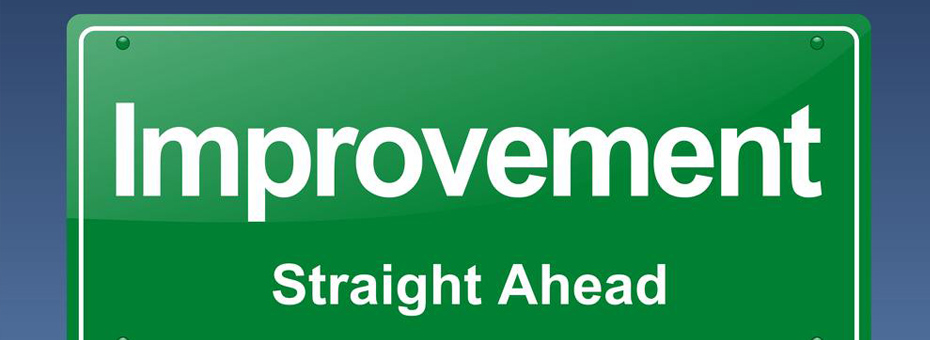I recently had a conversation with a colleague about a new State “Lean” program. The State website offered examples of how “Lean” has helped State government. There where examples sited on how the Lean Blackbelts had run improvement projects that had resulted in “79% reduction in steps and a 59% reduction in handoffs.” In each case I reviewed the “issue” that had been identified to work on was something like “the need to improve, simplify, and standardize.” Nowhere did I see a mention of a taxpayer problem or issue that was being addressed.
The State was offering Lean Boot Camp to local governments building off the success they said they were experiencing in State government. Let me start by stating I like continuous improvement, but as I have often heard my friend Jim Womack ask, “Is it sufficient?” Improvement seemed to be taking place just for the sake of improved efficiency.
In my old business we focused on trying to create sustainable competitive advantage. Process improvement was critical, but only when it was focused on improving the right processes. I see several important components that separate a Lean Transformation from generalized continuous improvement:
- Lean must be strategy driven. The question all organizations face is not what processes can be improved (the answer is all of them), but rather what processes MUST be improved. In other words, where are the gaps in performance that matter in terms of accomplishing competitive advantage? This needs to be the focus of improvement. When senior leadership delegates Lean to the technical/professional improvers it is no longer strategy-driven and often becomes improvement for improvement’s sake. People often talk about how senior leadership needs to be involved in lean transformation, and I agree. However, they don’t need to be involved in kaizen events, waste walks, or tool usage. They need to make sure that the lean efforts are accomplishing strategy.
- Improvements must be made by the people who do the work. Improvements only last when the people who do the work actually change the work. The people who do the work know the most about it, and when we help them deeply understand processes, see the connection and impact their process has on the entire system (value stream), see improvement opportunities, and change their work processes… only then do we get sustainable results. But most of us want to take a short cut. We have the lean folks (after all they have the colored belts and know how to use the tools) lead “improvement projects.” With the best of intentions they make process changes with limited involvement by the people that do the work. Oh sure, the workers are represented on the team, but it is the lean army (as Mike Rother often calls them) who are calling the shots. As a result, workers mostly feel the changes were forced upon them and therefore changes often don’t sustain themselves.
What is happening in your organization? Is Lean clearly directed and connected to strategy? Are senior leaders directly involved in specifying the process improvements needed? Will the process improvements you are focused on improve your competitive position in providing value to your end customers? Is your focus first effectiveness in terms of value delivery then efficiency? Are your associates confident and experienced in improving their processes? Is your lean team coaching rather than doing?
Regardless of our position in the organization we need to be asking these types of questions. If we don’t see our continuous improvement activities strategically focused, then change it. Remember, no matter what your position or level is in the organization ask what must be improved not what can be. Most importantly, let the people who do the work make the improvements and changes. Resist the short cut methodology in favor of getting the workers deeply involved in their work processes. It may feel like it is taking too long, but remember the lean saying that one needs “to go slow to go fast.” We want to make changes that create sustainable competitive advantage, and we need to do this one small step and experiment at a time. Sounds slow upfront, but over time it is the only thing that actually works.
There is a difference between continuous improvement and Lean.






